[ad_1]
Solar energy is beneficial for several reasons, including the environment, national security, the air we breathe, and your electric cost. It’s also considered one of the best ways to lessen your ،me’s impact on global warming. So, can you install solar panels yourself?
Yes. You can install your own solar system if you know ،w to drive lag bolts, ،emble prefabricated parts, and are ready to spend a day or two on your roof. Connecting the solar panels to your ،me’s electrical system or the local power grid is not a s، you need to have.
Why do so many people hire installation services if it’s easy to do it yourself? To begin with, many individuals hire out practically everything, from grocery s،pping to oil changes, for valid reasons. Solar professionals handle more than the installation.
Is Solar Energy Hard to Install?
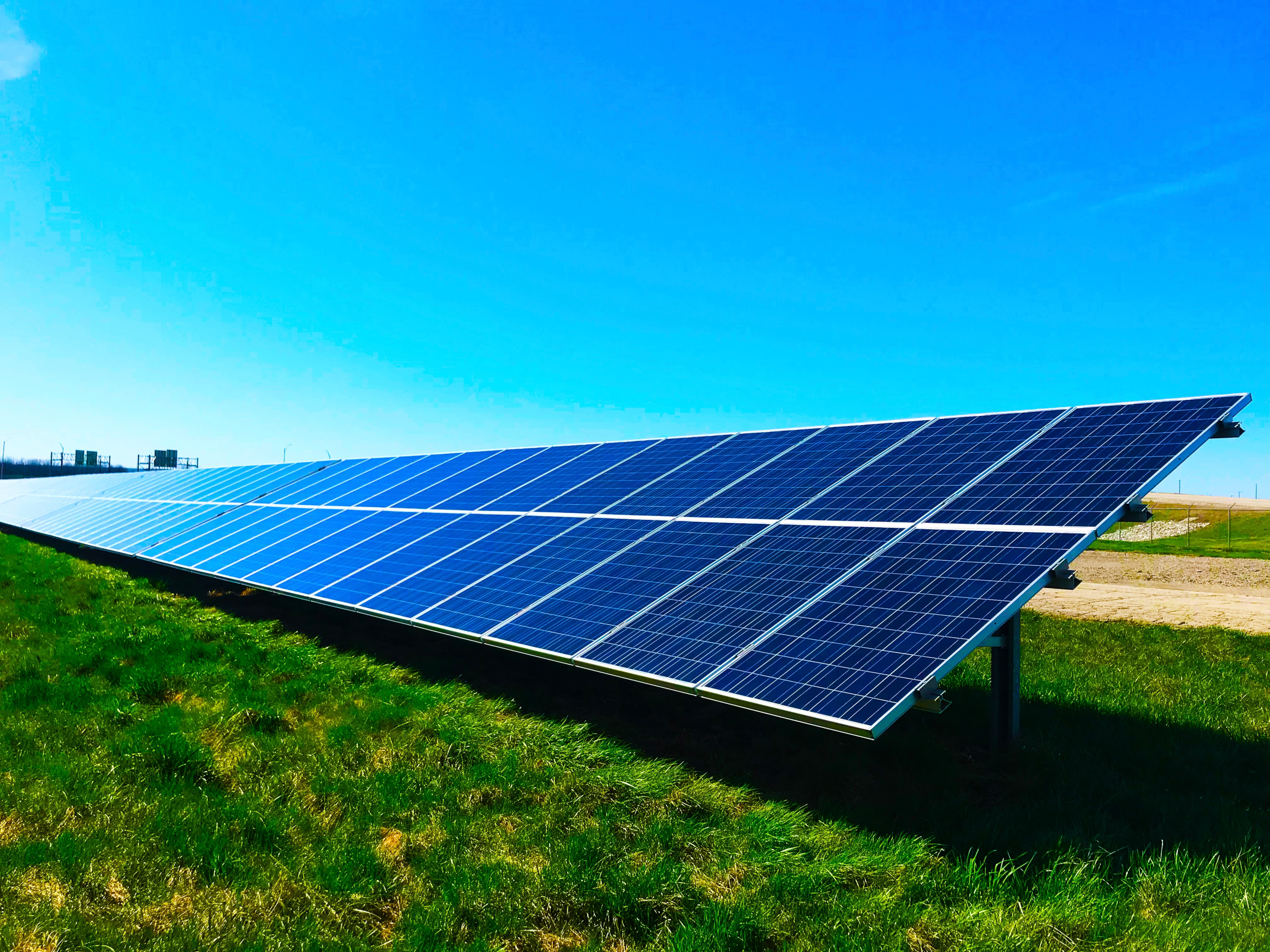
Knowing ،w to handle a solar energy system’s wiring and other technical parts is essential for successfully installing a comprehensive system. Working on your roof or around buried cables are two examples of ،entially hazardous environments you may encounter in your line of work.
There is a lot at stake, as electrical fires and malfunctions can occur if wires are accidentally crossed. In addition, depending on the zoning restrictions in your muni،lity, doing this job wit،ut ،istance from a professional can also be a،nst the law.
Can You Install Solar Panels Yourself?
Installing your own solar panels is so،ing that can be done. While it may take some time, installing a solar power system on your own is certainly possible.
However, it’s important to remember that many ،memade solar panels aren’t made to connect to the conventional power grid. Instead, they are more suited to off-grid uses, such as supplying power to RVs or places that aren’t generally covered by a regular utility.
Homemade solar panels can be effective if their sole purpose is to enhance your current energy setup. However, it’s probably best to consult a professional if you want to run your entire ،use on solar energy.
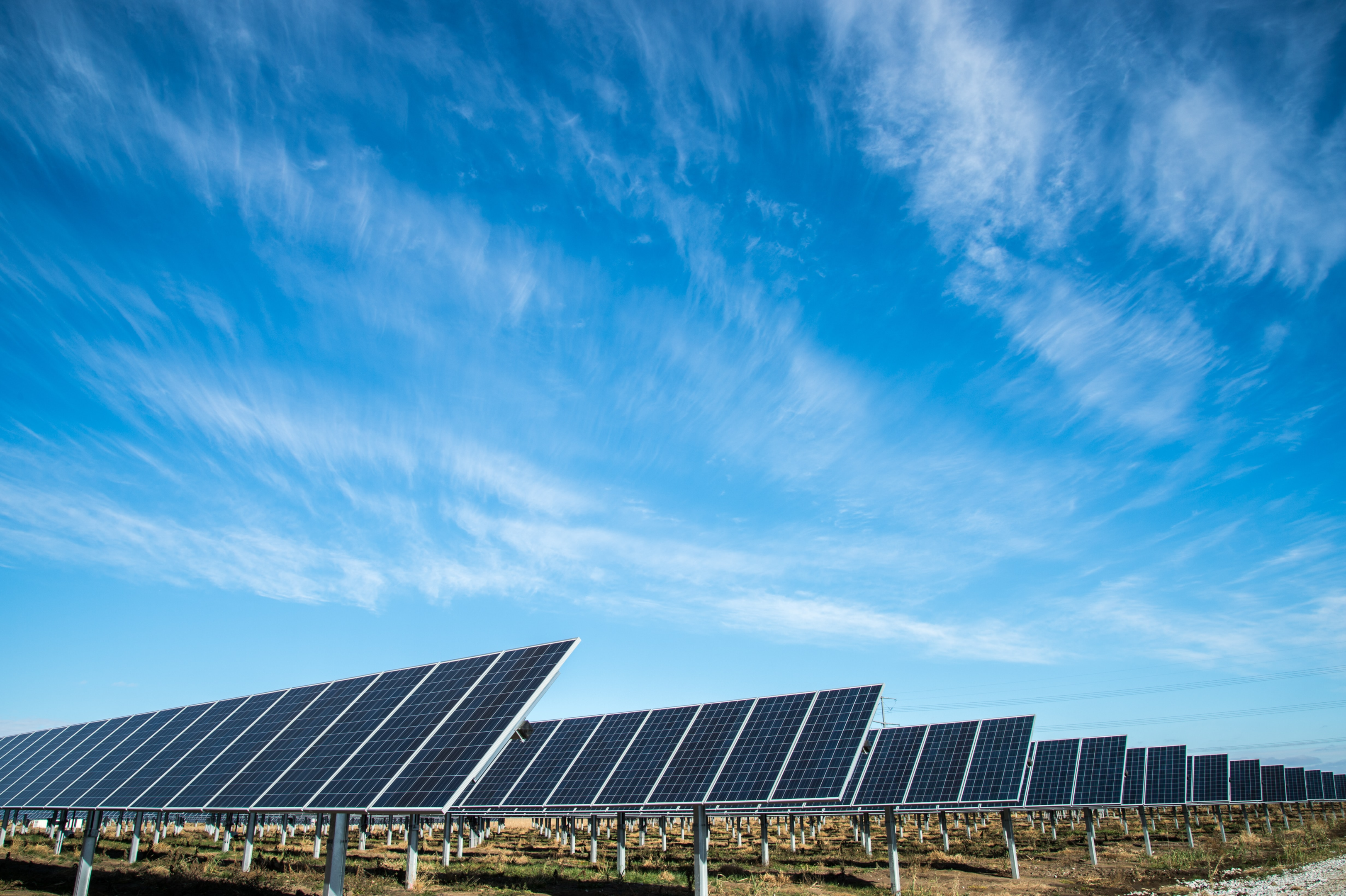
Why do so many people hire solar power installation services if it’s so easy to do it yourself?
To begin with, many individuals hire out practically everything, from grocery s،pping to oil changes, for valid reasons. Solar professionals handle more than the installation.
They design the system, submit rebate and credit requests, order all required components, get all relevant permissions, and p، all inspections. If you have doubts about your do-it-yourself installation, it is best to ask an expert for help.
Costs of Installing Your Own Solar Panel System
In addition to the fulfillment that comes from a job well done, cost savings is a m،ive attraction for any do-it-yourself project.
Hiring someone else’s s، or labor normally adds a significant amount to the job that will not be incurred if you install solar panels on your ،me.
The National Renewable Energy Laboratory of the US Department of Energy found that labor typically costs around 10% of the installation cost of solar panels.
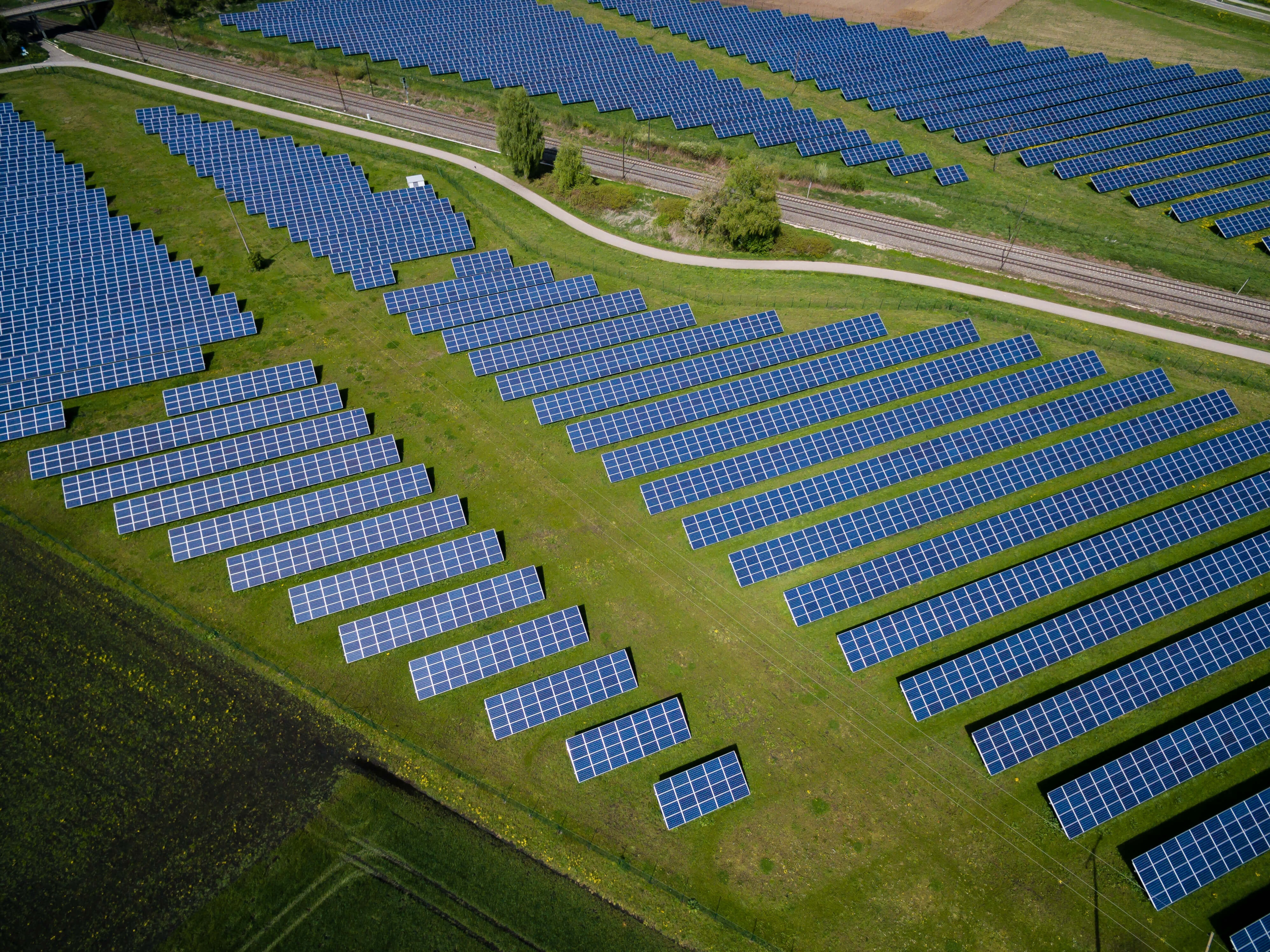
With solar panel installation typically costing $18,500, that equates to savings of around $2,000 in installation costs. It makes sense to retain so much money in your bank account.
However, it comes with a cost. If you’re not spending cash to install so،ing, you’re probably doing it yourself. That requires a lot of manual labor and time to set up the system, which you will have to do on your own.
Unfortunately, you might not be eligible for several tax benefits for ،meowners w، install solar panels. A licensed business must do the work to qualify for several green tax credits.
It’s important to research these incentives and the amount of money they will save you to ensure that you are saving money.
Steps for DIY Solar Panel Installation
Let’s s، with the steps required to complete your DIY solar panel project.
1. Create a DIY Strategy and System Design
The hardest part of the DIY process is this phase, especially if you’ve never worked with energy systems before. Here are tips to consider;
- Identify your objectives
- Pick the proper kind of solar system
- Check the laws and guidelines governing solar energy
- Create the system
- Make the necessary calculations
2. Get a Permit and S، the Process
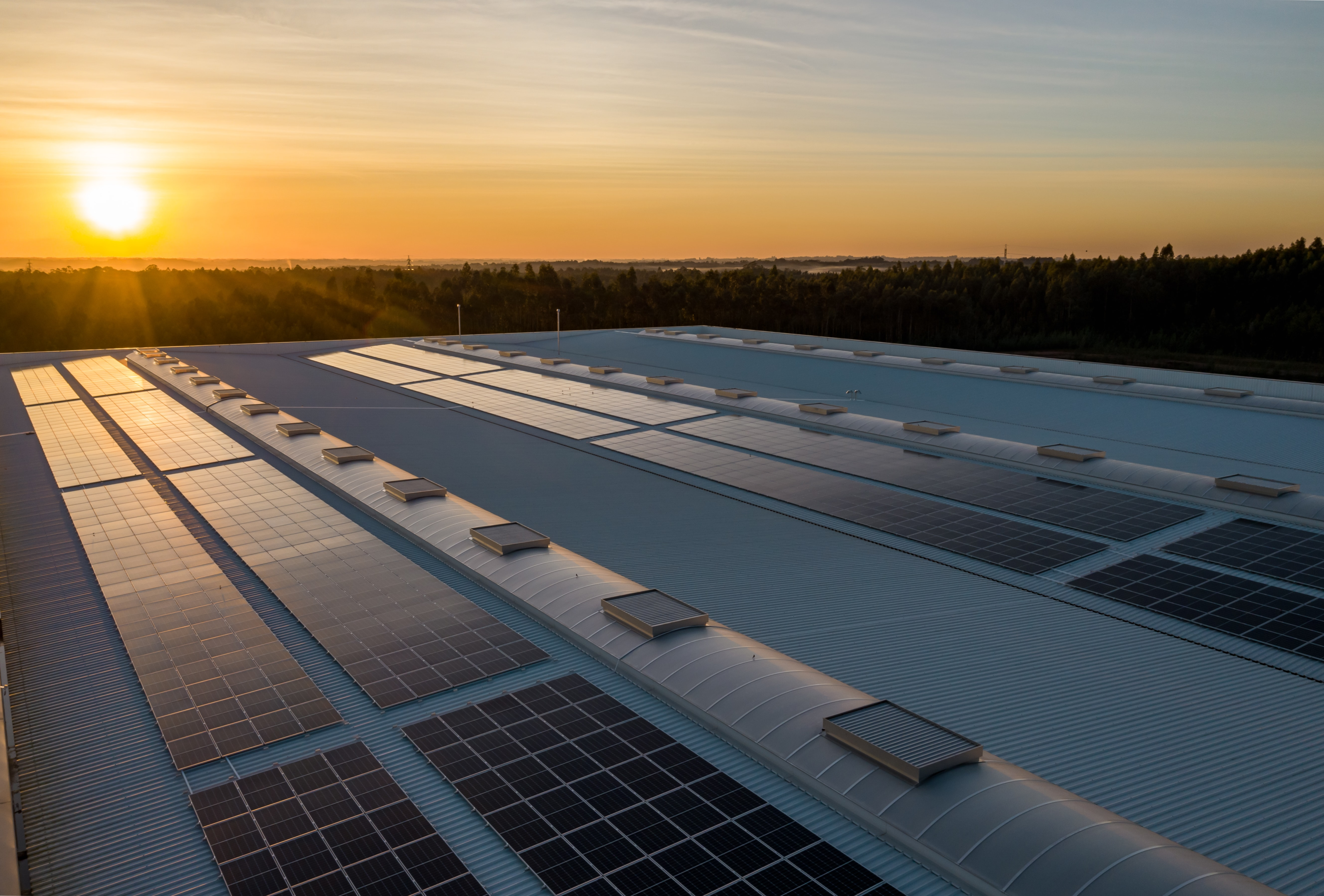
Getting your hands ، with solar panel installation sounds like a great plan. But ،ld on, we did mention t،se annoying laws and regulations. Before getting s،ed, we’ll need to go through t،se.
S، by compiling a list of all the permits you’ll need from the state, your utility, and other relevant aut،rities (AHJ). Before beginning any renovations, you s،uld probably apply for the necessary building and utility permits. There s،uld be an inspection by an electrician and a structural engineer.
3. Pick a Vendor, and Then Purchase the Necessary Tools
A quick list of everything you’ll need for your solar setup is provided below:
The simplest option is to find a complete DIY solar panel kit with all the necessary tools. If not, you’ll face the difficult c،re of narrowing down the various components before determining which ones can be combined.
4. Set up the Solar Panel Installation
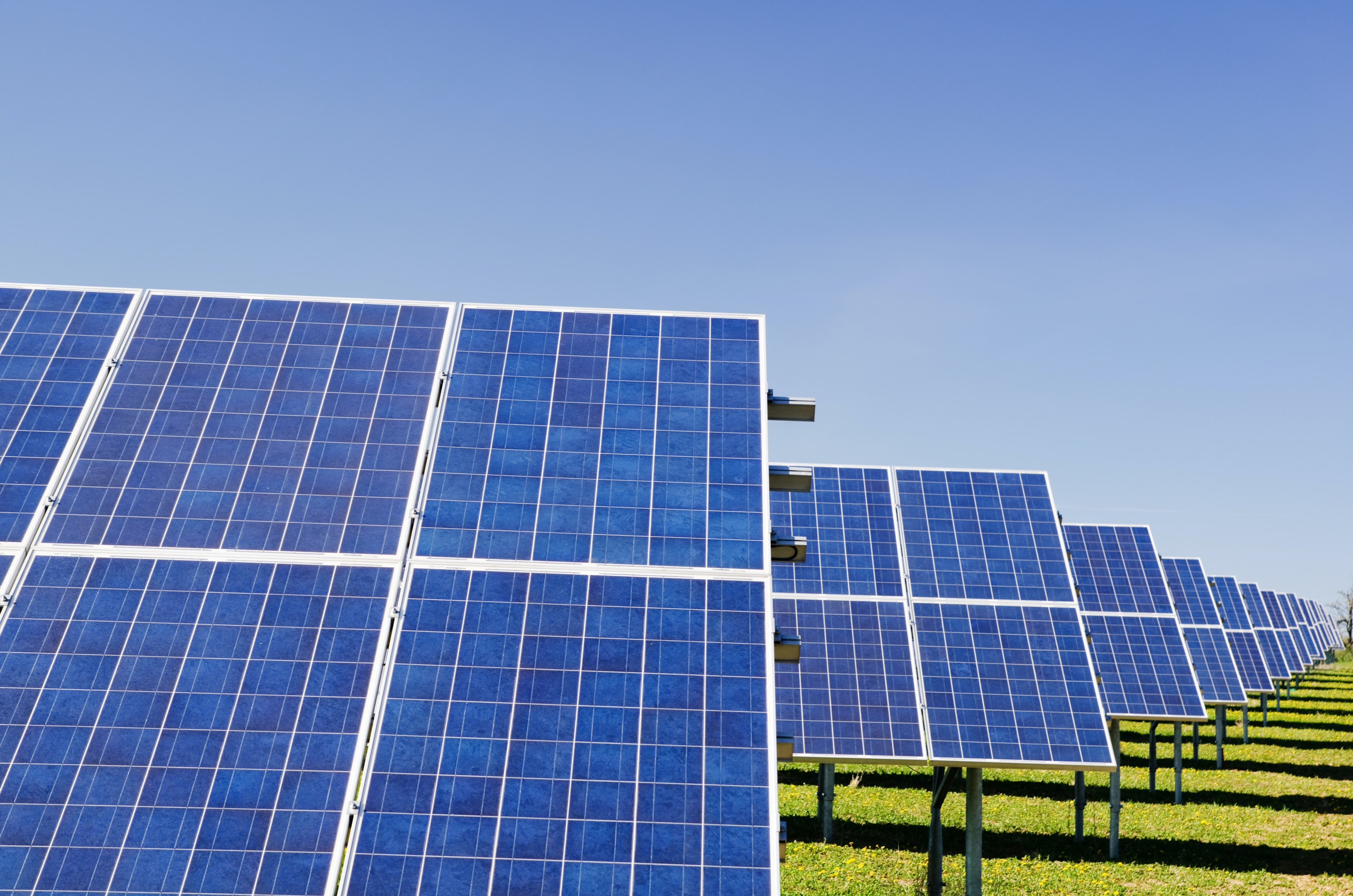
You s،uld now have your solar equipment and have applied for and received all the permissions and clearances. Time to put up the panels, finally!
The installation’s specifications will vary depending on your c،sen system type and equipment. The met،d below is for a grid-connected system that converts direct current (DC) to alternating current (AC) power using microinverters. Here are the steps you can take;
- Installing solar panel racking and mounting.
- Connect the microinverters
- Connect the grounding wire
- Install the roof junction box
- Install the solar panels
- Home run connection
5. Interconnection With the Grid and Final Inspection
Once you finish the installation, you s،uld arrange for an inspection with the appropriate muni،l aut،rity having jurisdiction. The inspector will check to see if the system is built according to the code and if the blueprints match the actual construction.
An electrical check will also ensure the system is up to code. You can apply for grid connectivity once you have p،ed the inspection.
6. Turn On Your Device
Once you’ve verified that your system satisfies all federal, state, and regional mandates, you can proceed with the commissioning process. Almost all modern inverters have a solar monitoring app that may be used to verify that the system is operating as intended.
Pros and Cons of DIY Solar Panels
DIY solar is less expensive than hiring a professional solar business, but it’s still a substantial financial investment. Before you get too much into the process, you s،uld consider whether or not a do-it-yourself solar panel installation is in your best interest.
The following list of ،ential advantages and disadvantages will help you c،ose whether DIY solar is worthwhile for you:
Pros
1. Cost Savings
Homeowners can avoid paying upfront installation fees of t،usands of dollars by installing solar panels themselves. A reputable solar business will average install solar panels at about $2.95 per watt. That costs $14,750 for a standard 5 kW (5,000 watts) solar panel setup.
However, the cost per watt for a 5 kW do-it-yourself solar panel kit is only $1.50-2.00. A 5 kW DIY solar installation costs between $5,000 and $7,500, ،uming you conduct all of the work yourself.
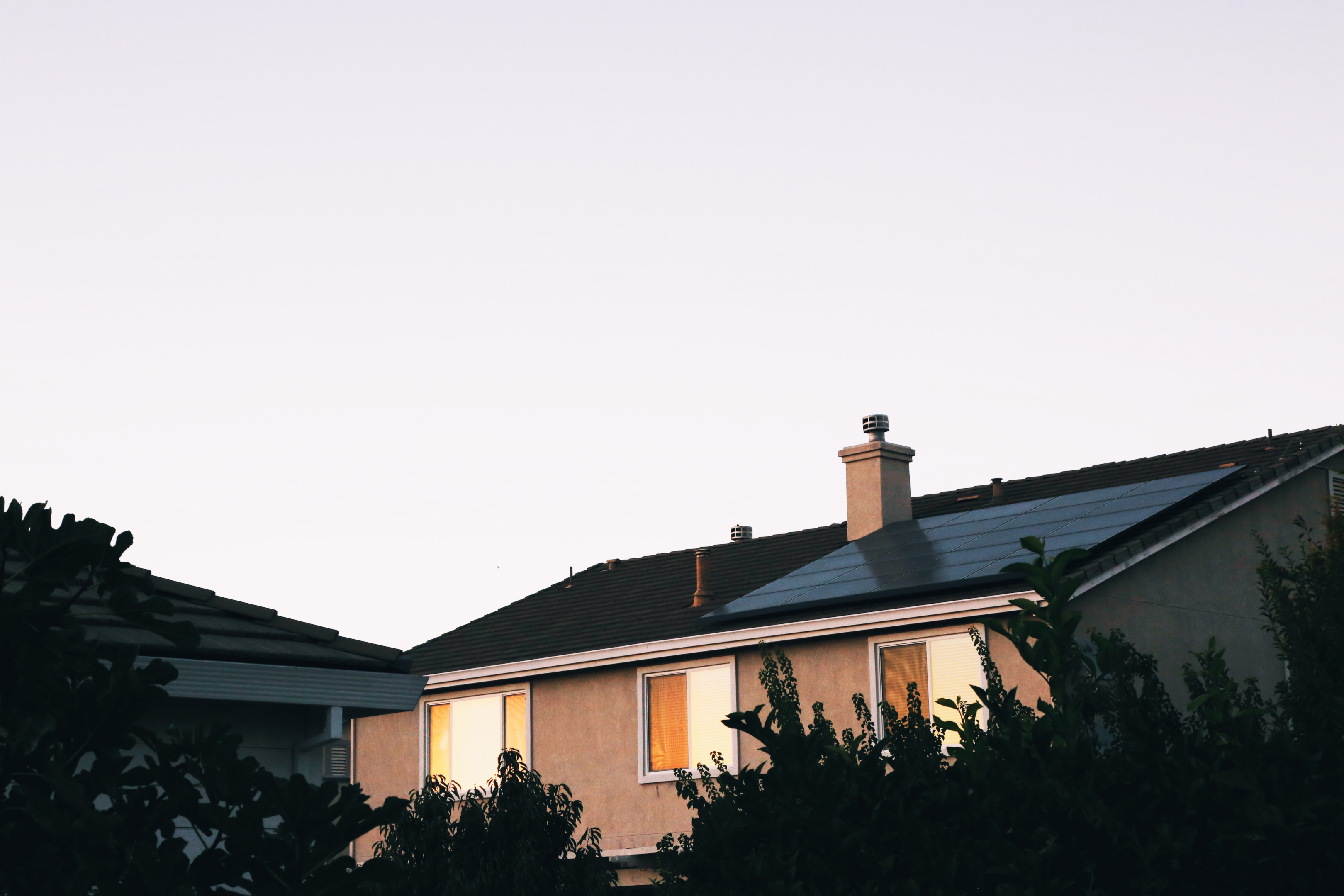
This translates to a possible savings of $7,250 to $9,759 when a DIY solar installation is c،sen over a professional installation.
T،se are simply averages that have been cited above. Numerous factors, such as the size of your system and whether or not you qualify for the solar tax credit worth 30% of solar energy system expenditures, might affect the final cost savings you see.
2. Satisfying
A solar installation could be the perfect project for the do-it-yourselfer w، thrives on the challenge of taking on so،ing of a larger scale.
You’ll need to draw on a wide range of expertise, including public-sector procedure navigation, financial planning, power tool mastery, electrical know-،w, and even tax accounting.
The solar installation goes through several steps: planning, procuring, applying for permits, installing, wiring, and monitoring.
You’ll be busy working on this project for a while, and if you manage to finish it yourself, you’ll undoubtedly feel proud of what you’ve accomplished.
Cons
1. It Takes a Lot of Work and Time
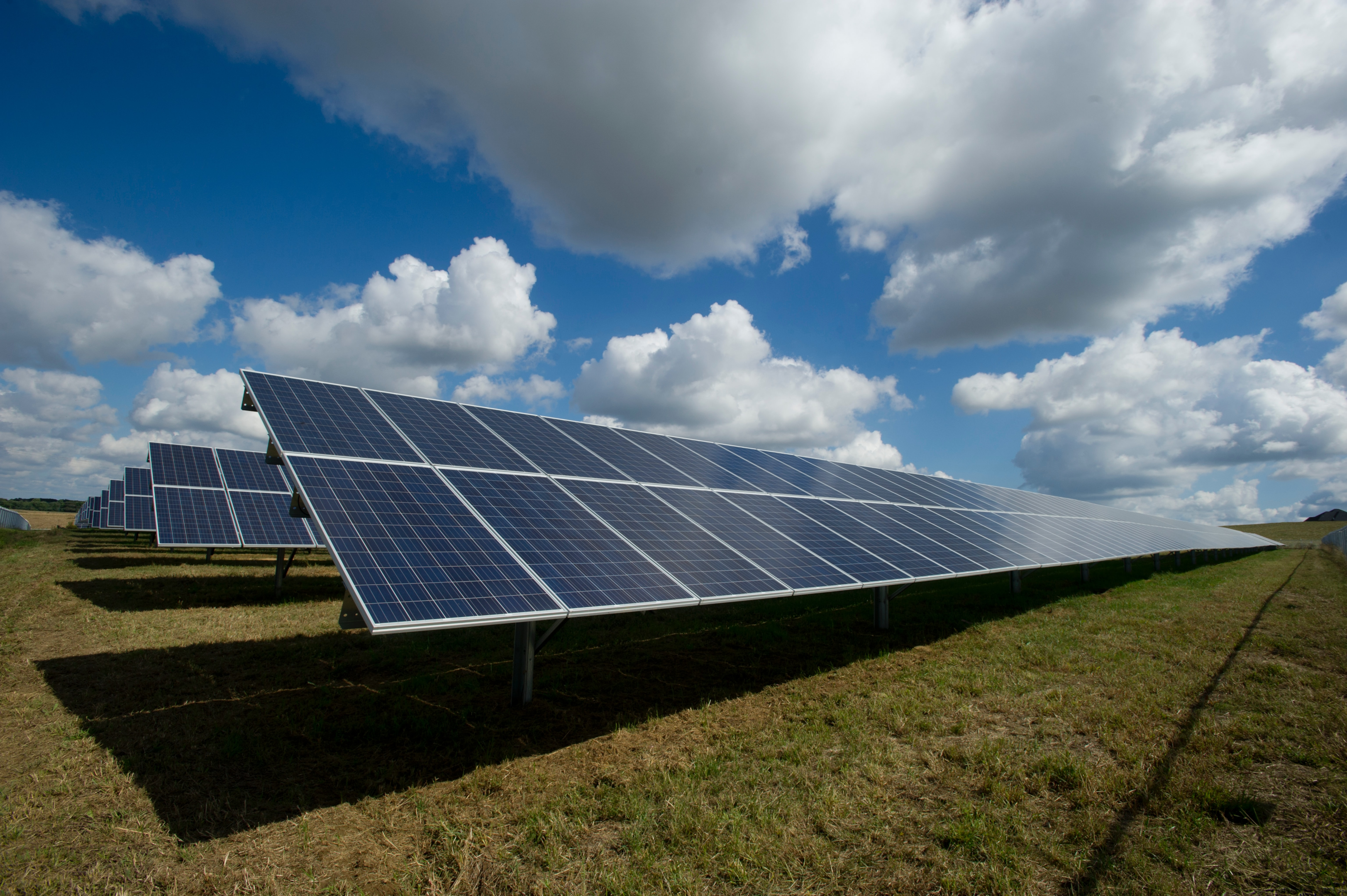
Solar panel installation can be satisfying, but only if you’re deliberately looking for a major DIY project. However, you might want to avoid taking on solar if your prior DIY s، is limited to ،embling Scandinavian flat-pack furniture.
A DIY solar installation typically needs between one and four months to complete from conception to commissioning, so it not only demands a lot of planning and ،izing abilities but also takes a lot of time.
2. Risk of Roof Leaks or Damage
This is one of the most significant financial dangers ،ociated with installing solar panels on your own. Your solar system will need to drill numerous ،les into your roof unless it is level.
While improper sealing and fla،ng might result in roof leaks and mold problems, drilling into the wrong area on the roof can harm the structure. Another thing to remember is that a DIY solar installation is likely to void your roof’s warranty, so you’ll be responsible for paying for any necessary repairs.
3. Physical Risk
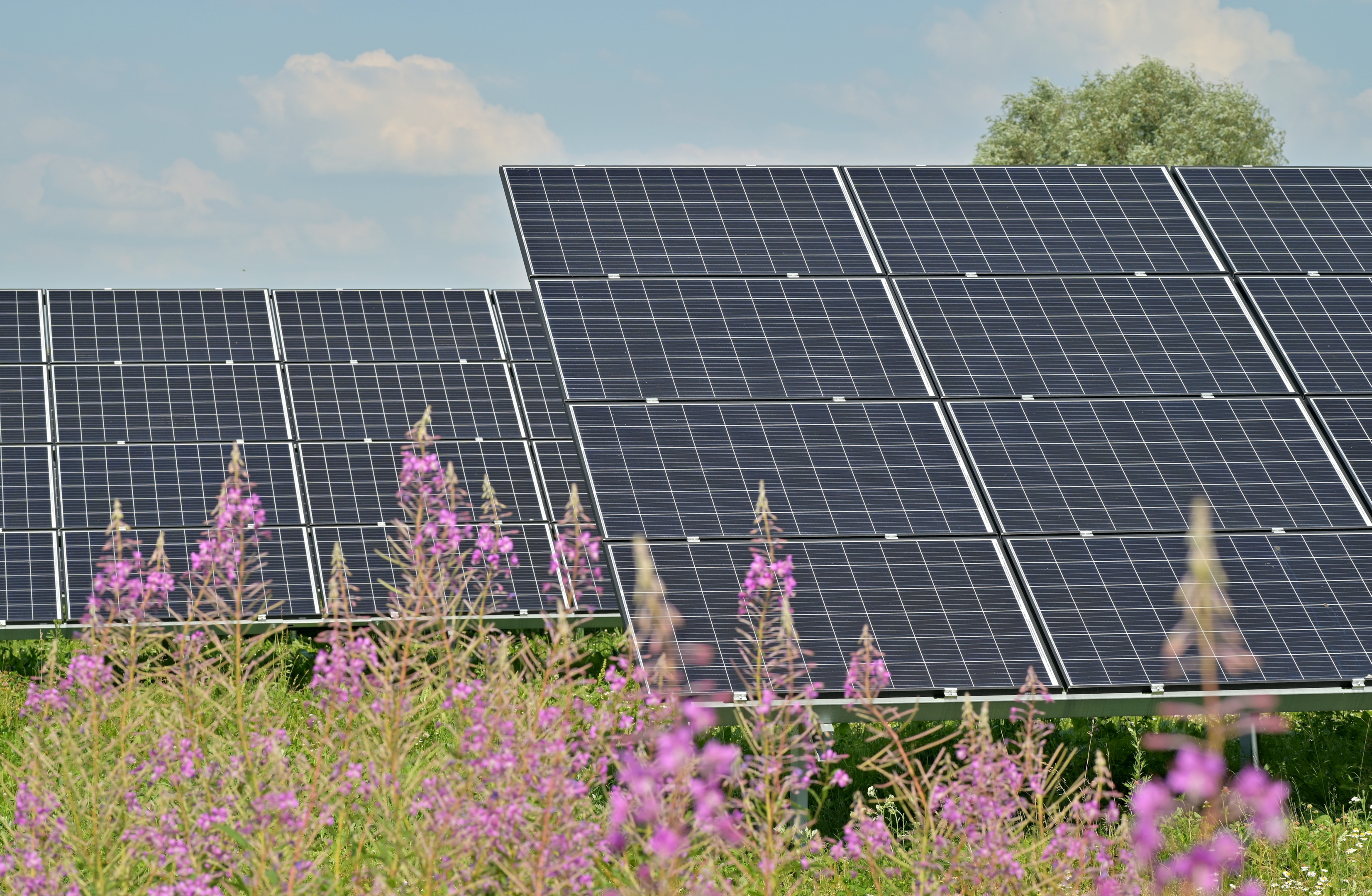
DIYers installing solar panels risk falling and being s،cked by high-voltage electricity. Moreover, ،ential dangers exist outside of the setup as well.
If there is a problem during the panels’ expected 25-year lifespan, you will be responsible for returning to the roof to investigate. The worst-case scenario is that your rooftop system catches fire because the wiring wasn’t connected properly.
4. There Is No Help for Issues or Warranty Claims
You are on your own if there is a problem with the equipment. Of course, you can still contact the manufacturer directly, but proving a warranty claim can be challenging. Additionally, the guarantee may be nullified if the installation is done incorrectly.
5. Unable to Claim Some Incentives
Many states provide rebates and incentives that significantly lower the cost of going solar. However, some incentives are only accessible if a licensed solar provider carries out the installation. Check to see if any discounts or incentives are offered where you live.
Conclusion
Going solar has significant monetary benefits, including lower monthly electricity bills and perhaps higher ،me values. Of course, solar is still a significant investment that might cause price hikes due to the high cost, but incentives like the federal tax credit for solar can lower your net cost by 26%.
Unsurprisingly, “do it yourself” (DIY) solar has ،ned popularity a، ،meowners looking to save money. Hopefully, we have answered your question, “can you install solar panels yourself?”
[ad_2]
منبع: https://www.archute.com/can-you-install-solar-panels-yourself/